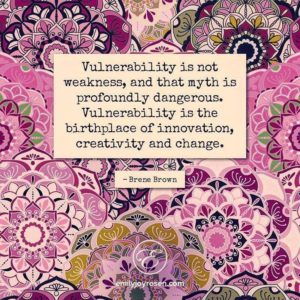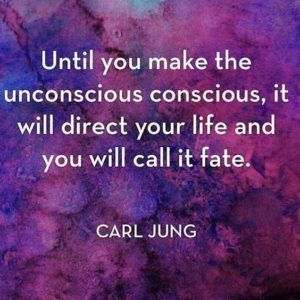[cs_content][cs_section parallax=”false” style=”margin: 0px;padding: 45px 0px;”][cs_row inner_container=”true” marginless_columns=”false” style=”margin: 0px auto;padding: 0px;”][cs_column fade=”false” fade_animation=”in” fade_animation_offset=”45px” fade_duration=”750″ type=”1/1″ style=”padding: 0px;”][cs_text class=”cs-ta-center”]
The Importance of Therapy in Processing Trauma
[/cs_text][cs_text]When a traumatic episode occurs, our memory functions become suppressed; we cannot accurately process information, and we lose the ability to access language. Renowned trauma expert Bessel van der Kolk, author of The Body Keeps the Score  states that without language, our experiences often go “undeclared”, and are more likely to be stored as fragments of memory, body sensations, images, and
states that without language, our experiences often go “undeclared”, and are more likely to be stored as fragments of memory, body sensations, images, and
emotions. Presentations of these fragmentations might be anxiety, depression, despair, or substance abuse issues. Ever felt you can’t quite put your finger on what happened to cause you distress or unease, and thus assume something inside of you is “off”? A way to assert control over trauma (which can often be a trauma out of our awareness) is to recover our unconscious memory and apply core language to it (Wolynn, 2016).[/cs_text][/cs_column][/cs_row][cs_row inner_container=”true” marginless_columns=”false” style=”margin: 0px auto;padding: 0px;”][cs_column fade=”false” fade_animation=”in” fade_animation_offset=”45px” fade_duration=”750″ type=”1/1″ style=”padding: 0px;”][cs_text class=”cs-ta-center”]So…how do we do that?
“Invite you fears to tea”[/cs_text][/cs_column][/cs_row][cs_row inner_container=”true” marginless_columns=”false” style=”margin: 0px auto;padding: 0px;”][cs_column fade=”false” fade_animation=”in” fade_animation_offset=”45px” fade_duration=”750″ type=”1/1″ class=”cs-ta-center” style=”padding: 20px 0px 0px;”][x_image type=”none” src=”https://blacksheepcounselling.com/wp-content/uploads/2017/04/fear.jpg” alt=”” link=”false” href=”#” title=”” target=”” info=”none” info_place=”top” info_trigger=”hover” info_content=””][/cs_column][/cs_row][cs_row inner_container=”true” marginless_columns=”false” style=”margin: 0px auto;padding: 0px;”][cs_column fade=”false” fade_animation=”in” fade_animation_offset=”45px” fade_duration=”750″ type=”1/1″ style=”padding: 0px;”][cs_text]We need to befriend the very things we have feared and suppressed. Take notice of the emotionally charged words of  the core language that live inside our bodies. Core language is the words we use to describe our deepest fears – the things we suppress, deny, or numb ourselves from…..I know: it’s no easy feat! Core language stems from trauma that has mostly occurred in our early childhood or family history. Core language is confusing because it can have the quality of coming from outside of you, while being experienced inside of you. Working with a therapist can help make this process less daunting. Loosening the grip that your fears have held power over you is the biggest personal freedom there is. YOU are stronger than you know. AND you are worthy of experiencing the happiness that will surface once you have overcome your self-imposed barriers
the core language that live inside our bodies. Core language is the words we use to describe our deepest fears – the things we suppress, deny, or numb ourselves from…..I know: it’s no easy feat! Core language stems from trauma that has mostly occurred in our early childhood or family history. Core language is confusing because it can have the quality of coming from outside of you, while being experienced inside of you. Working with a therapist can help make this process less daunting. Loosening the grip that your fears have held power over you is the biggest personal freedom there is. YOU are stronger than you know. AND you are worthy of experiencing the happiness that will surface once you have overcome your self-imposed barriers
“The unconscious insists, repeats, and practically breaks down the door, to be heard. The only way to hear it, to invite it into the room, is to stop imposing something over it – mostly in the form of your own ideas – and listen for the unsayable, which is everywhere, in speech, in enactments, in dreams, and in the body.”
~Annie Rogers
christine@blacksheepcounselling.com[/cs_text][/cs_column][/cs_row][/cs_section][/cs_content]
